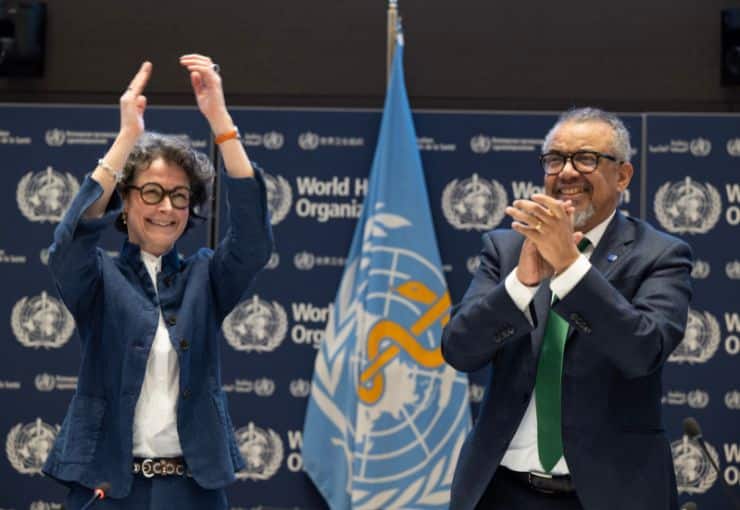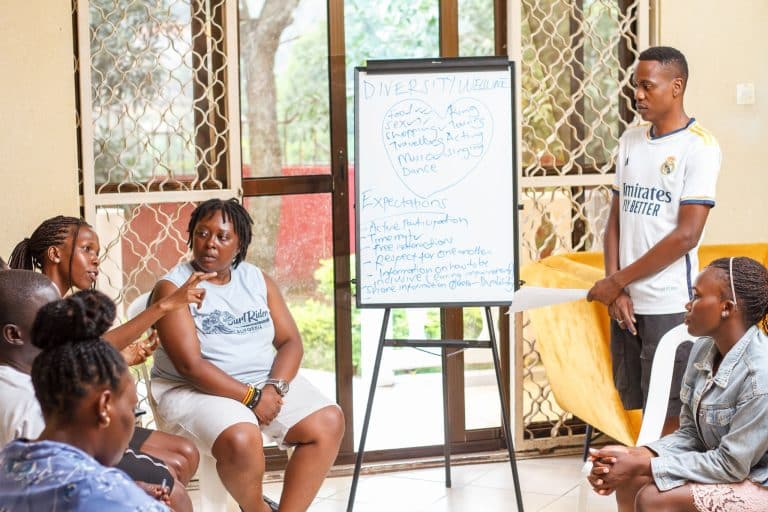Sexual health is still taboo in many African countries. So how can we transform health care in such a way that adolescents can benefit from this care as best as possible? At the Global Health Cafe on March 16th, speakers from African countries and the Netherlands will discuss sexual and reproductive health and rights (SRHR). The debate, facilitated by Petra Stienen, will be the second event in the Global Health Cafes series, which Wemos co-organizes with Vice Versa and other organizations.
If we want to achieve the Sustainable Development Goals (SDGs) in African countries, substantial investments are needed in health systems and SRHR. But despite these countries’ ambitious national plans to improve sexual and reproductive health, it is the most vulnerable group – i.e. adolescents between the ages of 10 and 22 years – that often does not have a voice. It is this very group that is affected by child marriages, sexual violence and teen pregnancies. And the fact that sex education and contraceptives remain taboo in rural areas does not help much either.
At this second edition of the Global Health Cafes, speakers will discuss how adolescents can have more influence in health systems. How can health services and the health workforce also take into consideration the needs of the young? How can we ensure that this group makes well-informed choices when it comes to sexual health? And how can we hold health service providers accountable when they do not facilitate access to health for these adolescents?
The Global Health Café will take place on March 16th from 14.00 – 16.30 in the Humanity House in The Hague (free entry). The event will be held in English.
Visit Vice Versa for more information (Dutch)
Read more about the first Global Health Cafe (on human resources for health) that took place on November 20th 2017




